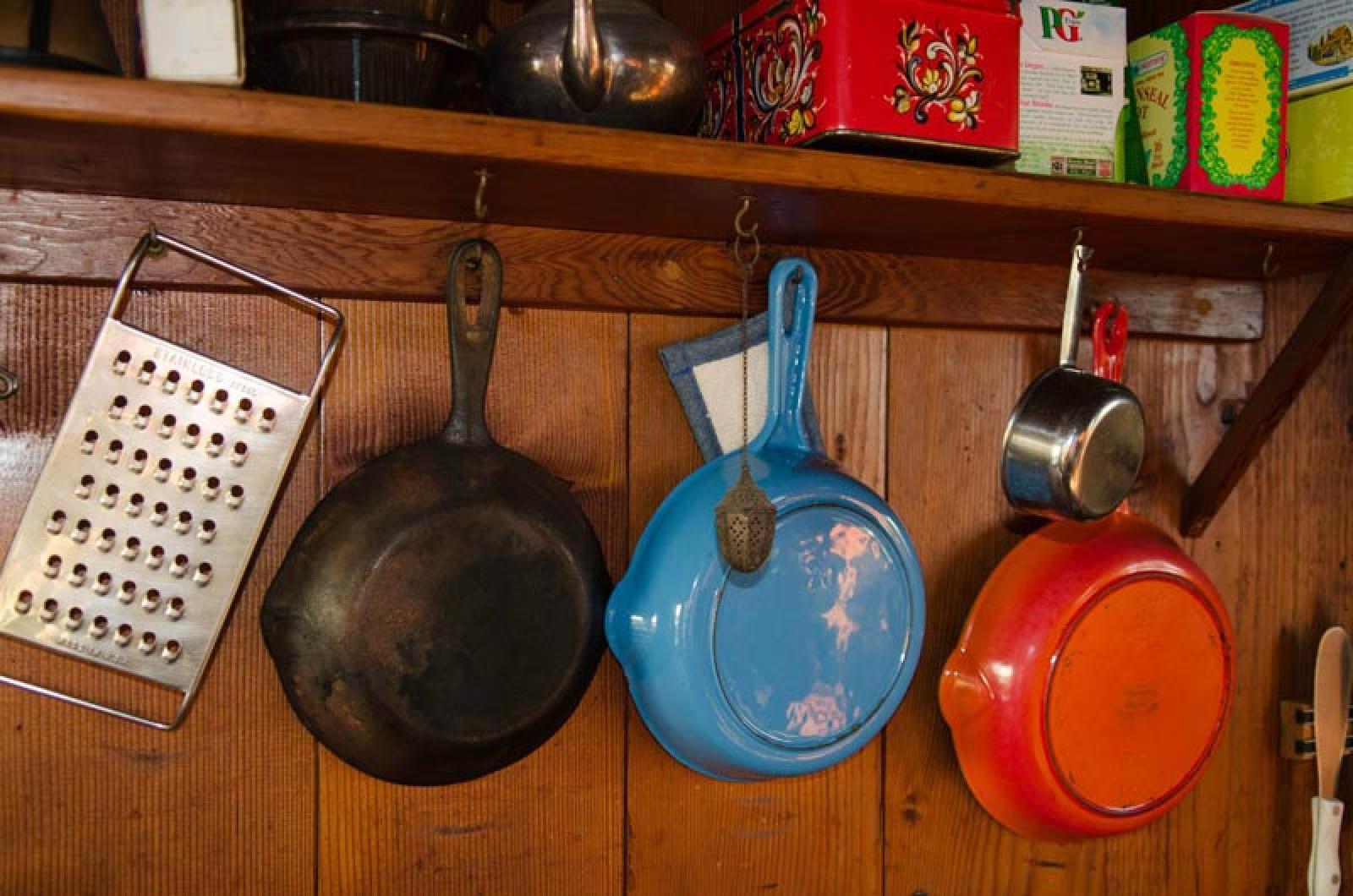Nicholas Freeling was born in London in 1927. He is known mostly for his series of crime novels that began after three weeks spent in a Dutch prison. In all he published 41 books after the age of 30, the first one written on stolen soap wrappers from his labor duties while incarcerated, inspired by interrogation efforts of the detective responsible for finding out the real reason he had chosen to be a chef. As the story goes, Mr. Freeling was locked up for stealing veal to feed his family and was considered a conspirator in the underworld of Amsterdam’s resistance to World War II. He was subsequently deported back to England after his release; no ties were found to a larger movement besides the hunger of his family.
Mr. Freeling is considered a sui generis or “self-generated” writer who had little formal education with no writing degrees and no outstanding education in the field save a keen eye for observation. He wrote about his own life experiences in an exaggerated way to comment on society and ethics through the guise of crime novels. In 1970, after becoming bored with his most famous recurring character and shortly before killing him off in a controversial and potentially career-crippling move, he wrote The Kitchen, an autobiographical history of time spent in kitchens across Europe.
The book is a straightforward treatise on time spent under great — and not so great — chefs, beginning from nothing when he had to buy, wash and starch his own whites. As he moved on to become a sous chef, he shares his honest experiences with food during a time romanticized by all as the beginning of a movement toward the haute cuisine we experienced in the 1970s, most notably in the South of France.
Humble beginnings aside, Freeling unfailingly points out the importance of practicality and thrift in a world pervaded by decadence and show. In a statement that remains as poignant today as then, he writes of kitchens that produce “a narrow life, and a dreary one. You do not get enough fresh air, you no longer enjoy food yourself, you lose a sense of proportion.” Astutely noting that modern cookbooks are “getting duller and more dogmatic every minute,” he also writes in reference to his own book on food: “There are no recipes, absolutely no useful hints, and above all no damned instructions; they do not give one an appetite.”
In a paragraph early on in The Kitchen about his real test of a cook, written 10 years before my birth and drawing on 47 years of experiences that began between the first and second world wars (a time I could study all I want but will never actually fathom living in) — the words jumped off the page as if he were looking into my kitchen:
“I would leave the aspirant in a kitchen with a stove which did not work very well, a few beaten-up pots, and some slightly hairy leftovers. In the refrigerator two grilled pork chops, three eggs and some cold boiled potatoes, a dried out piece of cheese, and half a packet of butter. In the rack half a cabbage, two wilted carrots, and an apple. In the cupboard a tin of sardines, a packet of spaghetti, and a few tins of herbs that have lost their labels, so that one can no longer be quite sure what they are.”
Freeling died in 2003 at the age of 76. He will be immortalized with his creation of the detective character Piet Van der Valk, who perhaps not coincidently died in 1972, two years after The Kitchen was published.
Despite his growing popularity, Freeling grew bored by the formula he had created. So like a chef stifled by cooking the same dish over and over again, he scrapped everything and started over. His fans were dismayed and entire nations ceased to publish his novels for a significant time following the death of his famous character Van de Valk. As humans we do not do well with change, but it takes people like Freeling to keep us honest. In time he was appreciated again, earning some of the most prestigious awards that exist for mystery writers in England, France and the United States.
Freeling supported himself as a cook when he couldn’t do so as an author. He would sell publishers on the stories from kitchens he floated through but found “they are all the same,” always feeling conflicted because work in kitchens also provided regular meals and consistent if meager pay.
Finally, working within the constraints of a kitchen disinterested in creativity, he wrote that “the cruel thirst for letters made me throw a knife down in disgust, my unformed mind only half realizing that my hands wanted a typewriter and not knives . . . writing, like cooking, is a trade painfully acquired. The two seem so different, and are so strangely the same.”






Comments (6)
Comments
Comment policy »